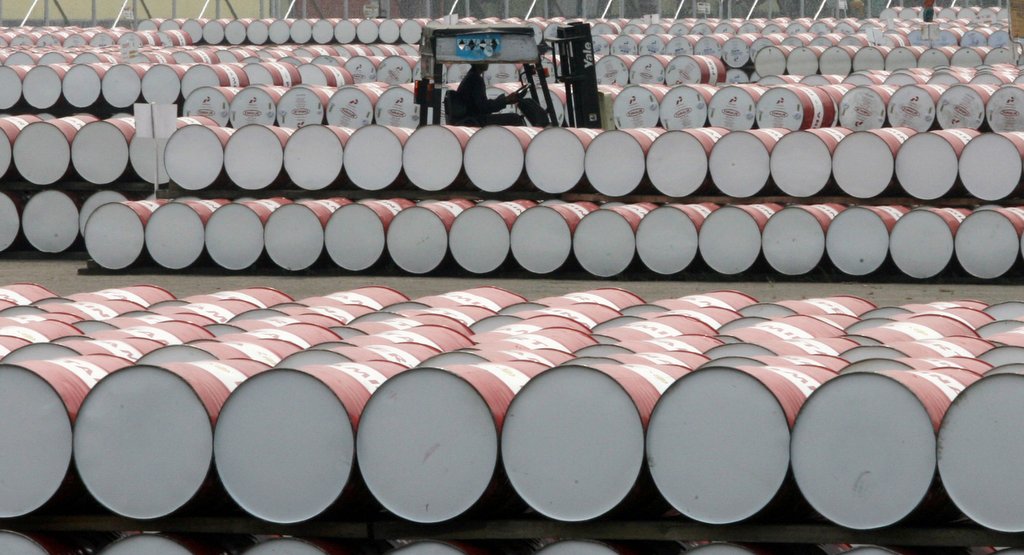Registration
You will receive an email confirming your registration.
On March 31, 2017, the Russia Institute at King’s College London and the Carnegie Moscow Center hosted an event devoted to presenting the results of an in-depth comparative study of contemporary resource-dependent economies and their diversification strategies. The question of how revenues from gas and oil sectors impact the economic development of resource-rich countries, such as Azerbaijan, Mexico, Kazakhstan, Indonesia, Russia, or United Arab Emirates, was at the core of the Carnegie research team investigation.
Andrey Movchan, one of Russia’s leading economic experts, discussed the results of the project. Alexander Zotin, senior research fellow at the Russian Foreign Trade Academy of the Ministry of Economic Development of the Russian Federation, supported the presentation with empirical evidence from three cases: Kazakhstan, Indonesia, and Mexico. While none of the major petrostates could escape the resource trap, their strategies toward economic diversification were rather distinct.
According to Movchan and Zotin, the openness of the economy, the ability to attract foreign capital, and the removal of trade barriers are the most relevant factors that have positive effects on the economic diversification and efficiency of a country. Mexico, Norway, Indonesia, and United Arab Emirates have succeeded in diversifying their economic policy, with Azerbaijan and Kazakhstan largely failing to adjust their economies to the changing global market and rapidly falling oil and gas prices. One of the most striking findings of the study in this context is perhaps the fact that the country’s political system appears less relevant for the diversification attempts of the economy than the overall political stability.
Carnegie’s latest publications provide further details of the resource dependency in the global context:
- Managing the Resource Curse: Strategies of Oil-Dependent Economies in the Modern Era;
- Formation and Evolution of the Soviet Union’s Oil and Gas Dependence;
- The Influence of Institutions on the Development of Resource-Based Economies.
The project, “Comparative Analysis and Policy Proposals Aimed at Diversifying the Russian Economy and Enhancing Prosperity,” was led by the Economic Policy research group of the Carnegie Moscow Center. It was financed, in part, by a generous grant from the Foreign and Commonwealth Office of the United Kingdom.
IMGXYZ6436IMGZYX
Speakers
Andrey Movchan is a senior associate and director of the Economic Policy Program at the Carnegie Moscow Center. Before joining Carnegie, Movchan served as a top executive for Russian and international financial institutions since 1993.
Alexander Zotin is a senior research fellow of the Russian Foreign Trade Academy of the Ministry of Economic Development of the Russian Federation. He is also a correspondent for Kommersant Publishing House, PhD in political science.
Moderator
Thomas de Waal is a senior fellow with Carnegie Europe.
